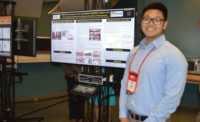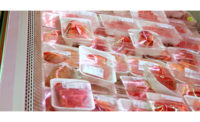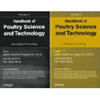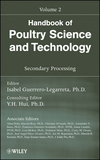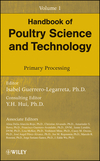Higher Education | Purdue University
Purdue sees meat science rebirth










Purdue University is once again an exciting place to study meat science. With the addition of three new faculty hires, the Purdue College of Agriculture has made it clear that meat science is important and valued as Indiana’s land-grant university.
Jolena Waddell, an assistant professor in meat science with a teaching and extension responsibility, also serves as the Director of the Meat Science Program at Purdue and is excited about the future.
“Our meat lab is full of students again, there is genuine interest in the field, and our students studying animal products have multiple job offers when they graduate. It is a great time to be a Boilermaker!” says Waddell.
In addition to Waddell’s hire in 2013, Purdue also hired Manpreet Singh, an Associate Professor in meat safety and microbiology. Singh came to Purdue from Auburn and is excited to get his extension and research program started in the Department of Food Sciences.
Joining the Purdue meat science team in January 2014 is Brad Kim. Brad specializes in meat color, shelf stability, and storage techniques to improve meat quality and will be housed in the Animal Sciences Department.
With new faculty comes renewed student interest. Block & Bridle, the largest animal science club on campus, is in its fourth year of holiday meat sales. This fundraiser not only helps the student organization financially, but gives them experience in cutting and packaging meat. Some students on campus have even more interest in meat science specifically and are founding the first ever Purdue Meat Science Club for undergraduate and graduate students. Speaking of graduate students, 2013 brought meat science research assistantships back to Purdue, with room for more grad students in 2014.
One great asset at Purdue is the Boilermaker Butcher Block. This is the store that allows Purdue to recoup the expense of research, teaching, and outreach in the field of meat science. For instance, the fall section of Animal Growth, Development, and Evaluation harvests over 40 animals each semester for teaching labs. Because of the Butcher Block store, the expense of the animals is completely recovered and profits help pay for operating expenses.
One recent student stated, “I really liked having the chance to work in the meat lab and actually see, hands-on, how it functions.”
Public outreach is also valued in the Purdue Meat Science programs. Many evenings and Saturdays are spent with 4-H and FFA youth, teaching them about food animals and meat production. The Indiana State 4-H and FFA Meat Evaluation contests are held at Purdue each spring. Efforts are also made to help the general public understand where their meat comes from, how it is raised, and how to safely prepare it at home. New resources such as KnowYourBeef.org and the Twitter account @BoilerMeat are just a few methods of reaching today’s consumer.
What has contributed to this renewed enthusiasm at Purdue? Waddell gives credit to the stakeholders in the state and the administrators at Purdue.
“We have a vibrant meat industry in the state, and it only makes sense that we continue to teach these skills at Purdue and serve as a resource for Indiana and beyond,” she says. “We all know that meat demand is going to increase, and we value the importance of this industry.”
Purdue University is a member of the American Meat Science Association. For more information about the Purdue University and its faculty, please visit the AMSA website at http://www.meatscience.org/page.aspx?id=9005.
Looking for a reprint of this article?
From high-res PDFs to custom plaques, order your copy today!



